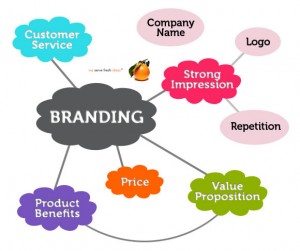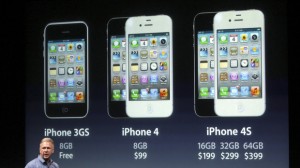On July 28, 2009, after an eight year long struggle, Wal-Mart announced it would sell its stores to a local German retailer, finally abandoning their hopes to win over the German customers. Two months after selling stores in South Korea, Wal-Mart ended up selling 85 stores to the Metro Group and incurred a loss of $1 billion.
‘They entered Germany when the whole market was deviating from its existing model’ said James Bacos, the director of consumer goods practice at Mercer Management Consulting. Analysts estimate that Wal-Mart continuously lost money for most of the eight years it operated. However, despite these impediments, Wal-Mart had a 29 per cent increase in international net sales over June 2005.
The German market is driven by persistent price competition, cultural resistance of German shoppers to supermarkets and discount stores that have established a name for themselves in the market. As correctly pointed out by Aanshu Kapoor, Wal-Mart could not compete with the prices of local retails that offered good quality goods at below-average prices. In order to be successful, a business organization must keep a close check on its business environment, which is always changing. Ignoring the trend in the market or failing to adapt to them will create difficulties and often leads to a forced closure of the firm (as we saw in this case).
Source : NY TIMES





